One of the main applications of automated insect farms is the production of insect protein. Insects, such as crickets or silkworms, are a rich source of protein and can be used as feed for livestock, including poultry, pigs, and fish. This practice is considered sustainable as insects require fewer resources compared to traditional livestock.
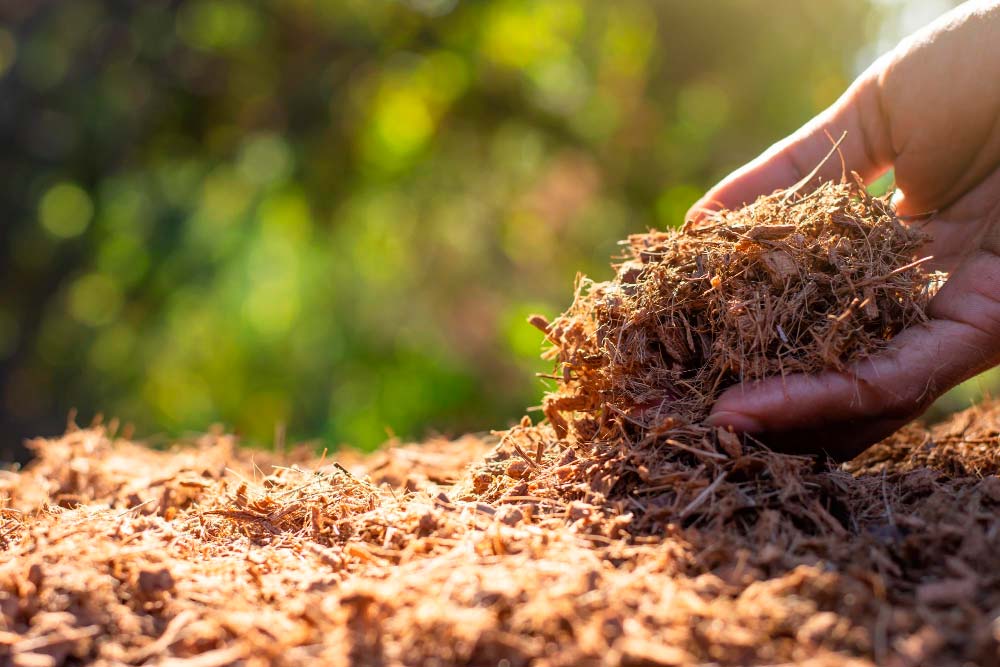
Insects are also cultivated for human consumption in some parts of the world. For example, crickets and butterfly larvae are used to prepare food products such as protein flours, snacks, and even insect-based burgers. Automated farms enable a controlled and hygienic production of insects for human consumption.
Insects are widely used in scientific research, such as studies in genetics, ecology, and biology. Automated farms can provide a controlled environment for cultivating insects intended for research purposes.
Some insects, like black soldier fly larvae, can be used for the bioconversion of organic waste into useful chemicals, such as oils and proteins. Automated farms can support this process.
In some cases, automated insect farms are used to rear sterile insects or ‘good’ insects that can be released into the environment to control populations of harmful or parasitic insects.
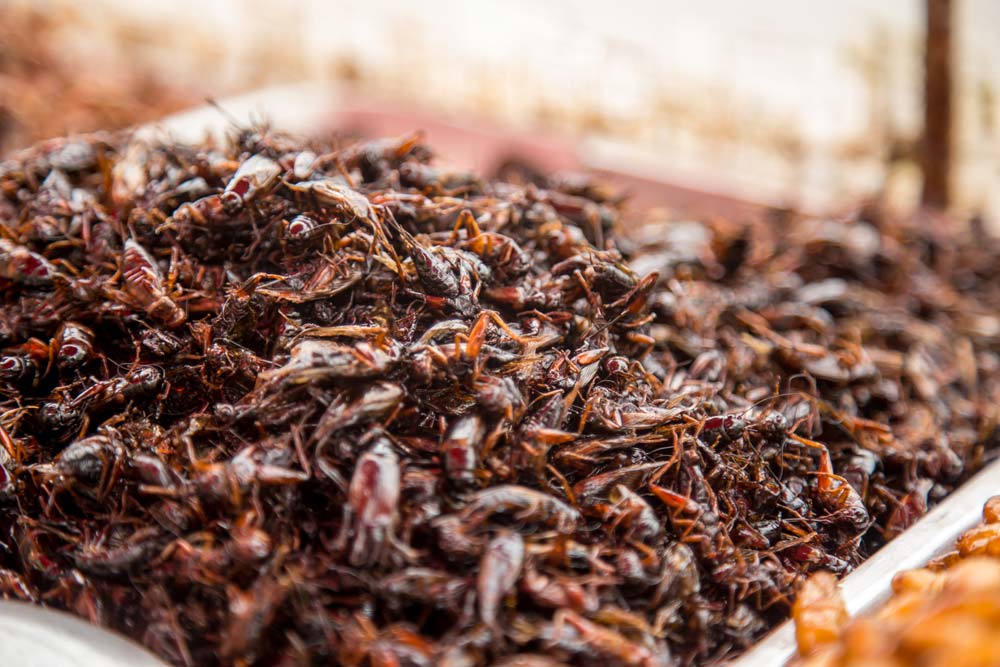
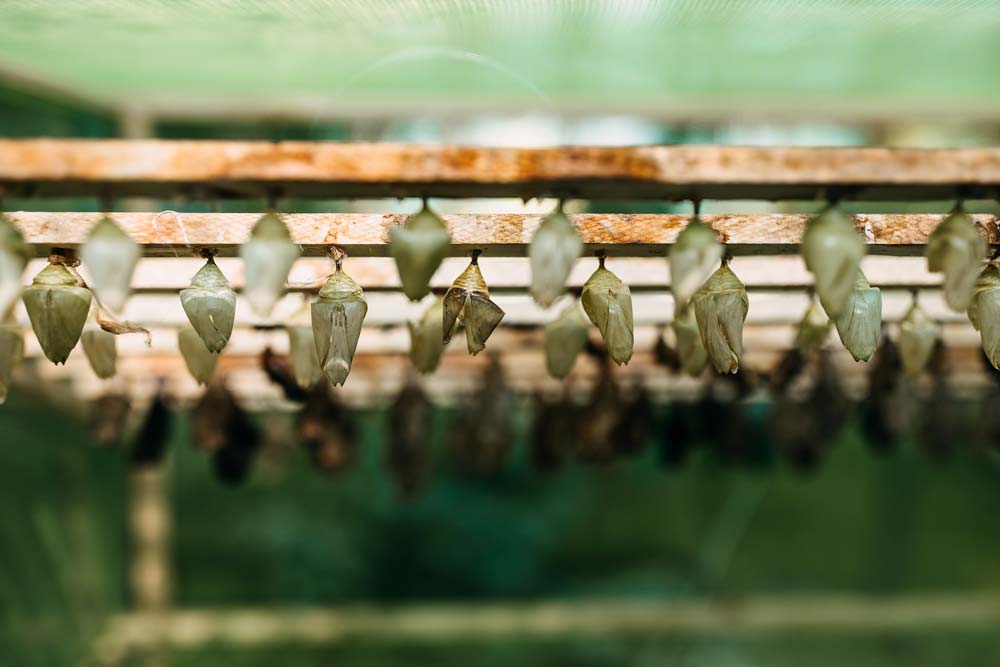
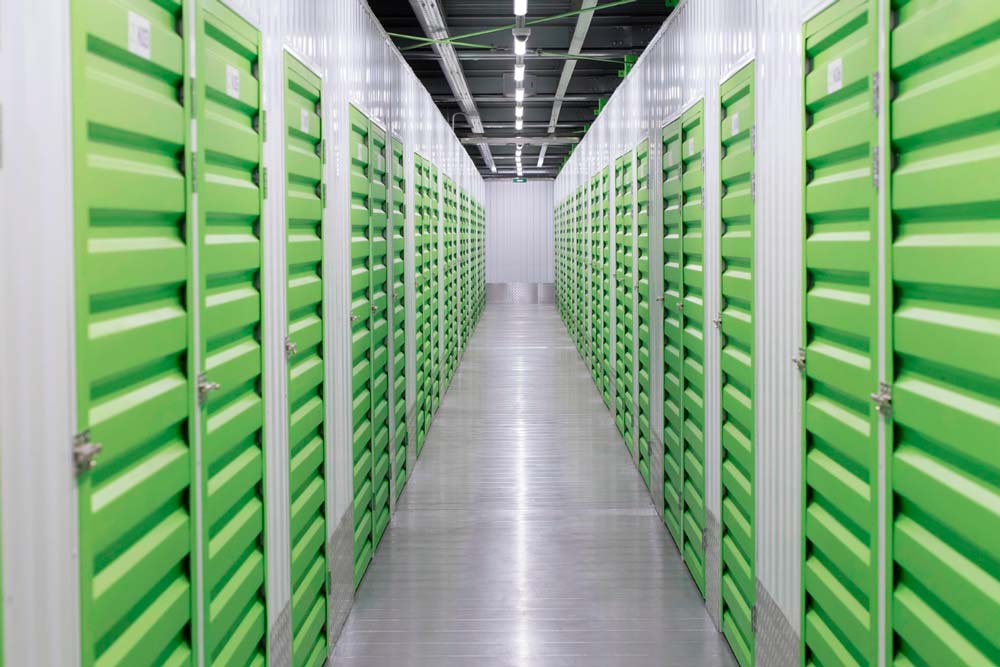
via Antonio Gramsci 15 40062,
Molinella, Bologna (IT)
info@conkretarobotics.com
+39 344 3403427
© conkretarobotiks.com 2024 – tutti i diritti riservati
